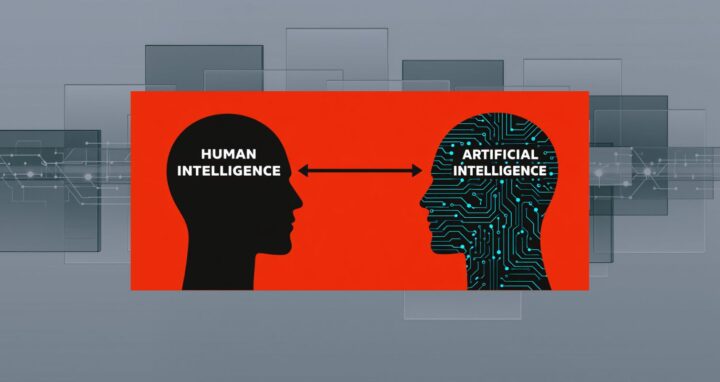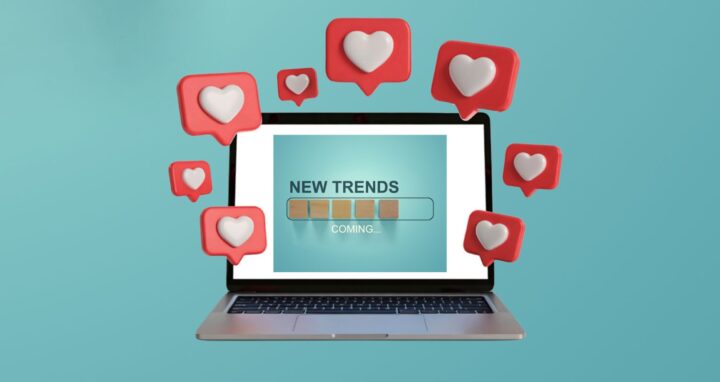The traditional playbook for thought leadership—publish prolifically, secure placements in major outlets, amplify through owned channels—collapsing under the weight of media fragmentation. Although earned media has a big impact on AI search, the path to establishing authority and influence will look fundamentally different from anything that came before.
Finding Influence on Micro-Media Channels
Our partners describe a landscape where credibility no longer flows primarily through a handful of prestigious publications but disperses across hundreds of micro-media channels: specialized newsletters, independent podcasts, niche communities, private messaging groups, and algorithmic feeds that prioritize relevance over reach.
The audiences that matter aren’t gathered in single places—they’re distributed across platforms, formats, and communities that require entirely different approaches to access and engage.
Crisis and Opportunity for Thought Leadership
This fragmentation creates both crisis and opportunity. The crisis: traditional metrics of thought leadership—media impressions, outlet prestige, publication volume—no longer reliably translate to influence or business impact.
The opportunity: organizations willing to embrace precision over volume, authenticity over authority, and proof over promises can establish credibility in ways that weren’t possible in the concentrated media environment of the past.
Our partners identify a fundamental shift in what thought leadership requires. It’s no longer sufficient to have interesting opinions—leaders must ground every insight in proprietary data, original research, and frameworks that give audiences something tangible to reference and trust. It’s not about publishing more frequently but about maintaining consistent points of view that evolve transparently over time. And critically, it’s about recognizing that in 2026, thought leadership without demonstrated leadership—without actual expertise, accomplishments, and accountability—isn’t sustainable.
Optimizing for Traditional SEO and AI Search Opportunities
The technical infrastructure is changing too. As AI systems increasingly curate content for users, they prioritize credible, well-sourced, authoritative voices—which paradoxically makes earned media through traditional journalism more valuable even as traditional media fragments. Organizations must optimize not just for search engines (SEO) but for generative engines (GEO) that will surface or bury content based on criteria we’re only beginning to understand.
Perhaps most significantly, our partners emphasize that 2026 thought leadership will demand orchestrating multiple voices across multiple platforms simultaneously. The era of the single charismatic spokesperson is giving way to distributed expertise.
Empowering leaders, practitioners, and specialists to contribute their perspectives while maintaining unified strategic direction. The challenge for PR professionals is to train, equip, and guide these voices without diluting the authenticity that makes them credible in the first place.
What follows are diverse perspectives on how to develop meaningful thought leadership when audiences are scattered, attention is scarce, credibility is constantly questioned, and the very definition of “media” continues to evolve.
<h3>Download the 2026 Predictions eBook</h3>
<img class=”wp-image-24099 size-medium alignleft” style=”padding-right: 20px;” src=”https://worldcomgroup.com/wp-content/uploads/2025/11/2026-Worldcom-Group-Predictions-232×300.jpg” alt=”2026 Worldcom PR Group Predictions cover” width=”232″ height=”300″ />You can <a href=”https://worldcomgroup.com/resources/communications-trends/2025-pr-communications-trends-predictions/”>download the 2026 Future of Communications eBook</a> and get all of the insights from Worldcom PR Group Partners.



